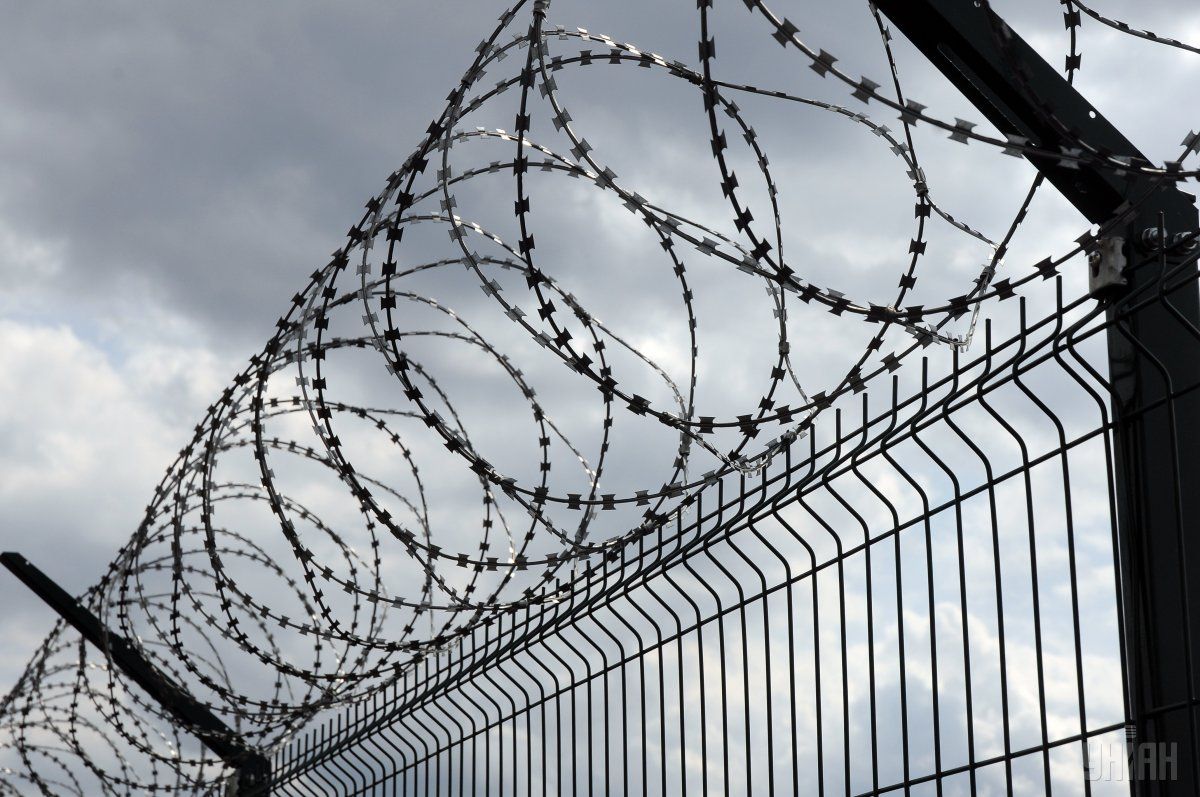
The package was initiated a month ago by Irina Yarovaya, the chairwoman of the State Duma security and anti-corruption committee, and her counterpart from the Federation Council upper parliament house, Viktor Ozerov, TASS wrote.
The lawmakers suggest, in particular, that "international terrorism" be listed as a legally defined crime against peace and humanity. "Carrying out an explosion, arson outside the territory of the Russian Federation or other actions endangering life, health, freedom or immunity of Russian citizens with a view to violating peaceful coexistence of nations and peoples or directed against Russia's interests as well as a threat of committing them are punishable by imprisonment for a term from 15 to 20 years with the restriction of freedom for up to 2 years or life imprisonment," the document says. Financing of such actions is to be punished by a prison terms from ten to 15 years with the possibility of large fines.
Public calls for terrorist activity or public justification of terrorism in the internet will entail a fine of up to one million rubles ($15,400) or a prison term of up to seven years. Aiding and abetting terrorists will be punished by a prison term from 15 to 20 years. Persons who don't inform the authorities about preparing or committing such crimes as terrorist attacks, armed rebellions or hostage taking may face forced labor or a prison term of up to three years.
The package lowers the responsibility age for terrorism-related crimes to 14. Another novelty is that a crime committed in conditions of an armed conflict can be interpreted as an aggravating circumstance. The package envisages a punishment of a prison term of up to 15 years for recruiting for extremist activities.
Read alsoRussian Govt approves bill to limit Russians in traveling abroadHolders of two or more national passports convicted for terrorism activities may be stripped of Russian citizenship.
The anti-terrorism package obliges mobile operators to keep records of conversations, messaging and images for a period of three years and provide them at a request from security services. Sources in the Russian telecoms sector told TASS this provision would require huge investments and several years. The Russian government agreed that the volume of data was excessive but backed the very principle of data storage. The cabinet and the Supreme Court worded a number of other remarks to the bills but generally supported them.

